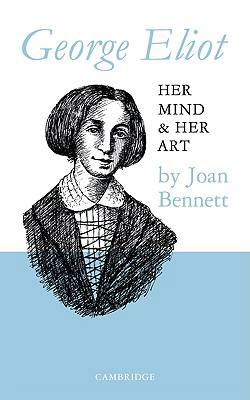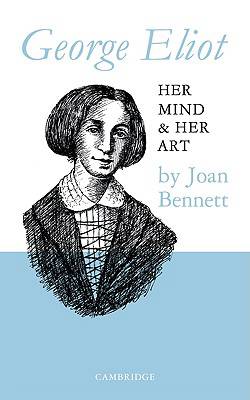
- Afhalen na 1 uur in een winkel met voorraad
- Gratis thuislevering in België vanaf € 30
- Ruim aanbod met 7 miljoen producten
- Afhalen na 1 uur in een winkel met voorraad
- Gratis thuislevering in België vanaf € 30
- Ruim aanbod met 7 miljoen producten
Zoeken
€ 76,45
+ 152 punten
Uitvoering
Omschrijving
Mrs Bennett finds in George Eliot's work the beginnings of certain modern developments of the novel, notably her respect for unity of design, her interest in the complexity of human personality and experience and beneath a contemporary naturalism, a feeling towards symbolic presentation. Some of the moral problems implicit in the character-studies and situations best the minds of the best of her contemporaries: some are still relevant. And an awareness of moral problems - a novelist's acceptance of novel-writing as a serious and responsible job - is now characteristic of the best modern fiction. The first three chapters of Bennett's book are biographical and deal chiefly with the formative years. The remaining eight, after defining in general George Eliot's qualities as a novelist, discuss the novels one by one and illustrate the deeper aspects of their author's outlook.
Specificaties
Betrokkenen
- Auteur(s):
- Uitgeverij:
Inhoud
- Aantal bladzijden:
- 220
- Taal:
- Engels
Eigenschappen
- Productcode (EAN):
- 9780521091749
- Verschijningsdatum:
- 1/01/1948
- Uitvoering:
- Paperback
- Formaat:
- Trade paperback (VS)
- Afmetingen:
- 127 mm x 203 mm
- Gewicht:
- 244 g

Alleen bij Standaard Boekhandel
+ 152 punten op je klantenkaart van Standaard Boekhandel
Beoordelingen
We publiceren alleen reviews die voldoen aan de voorwaarden voor reviews. Bekijk onze voorwaarden voor reviews.








